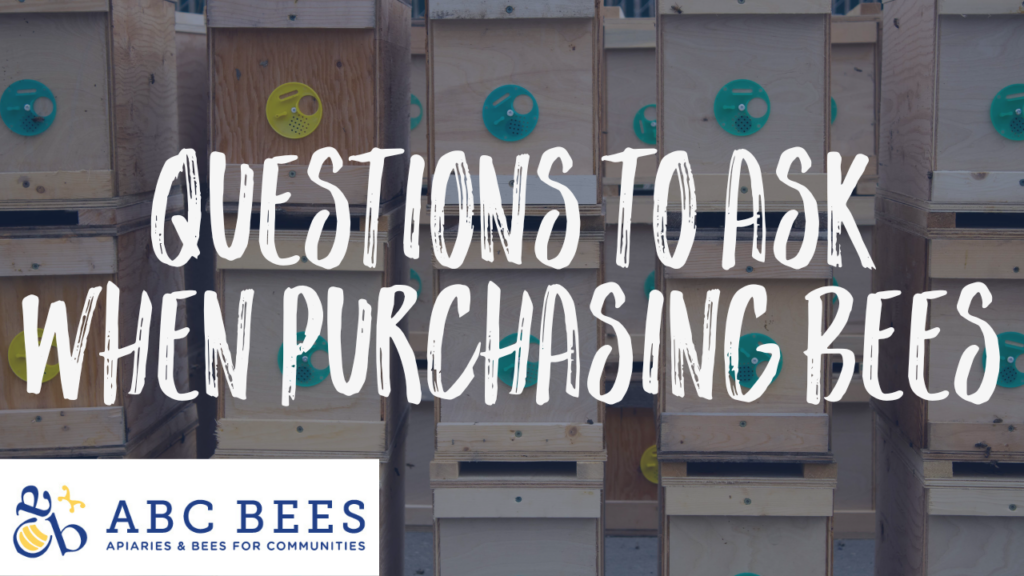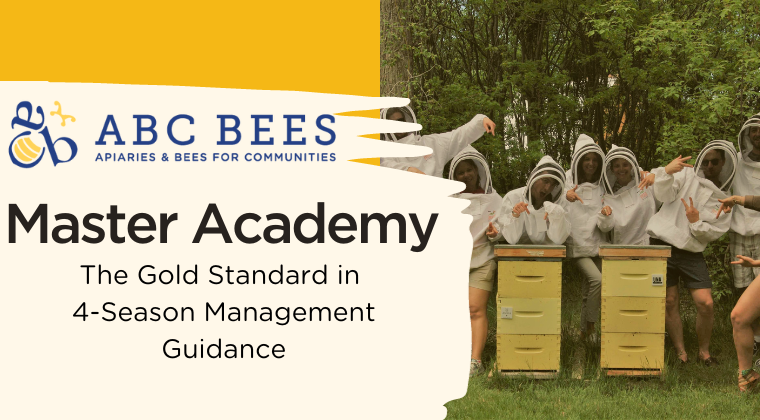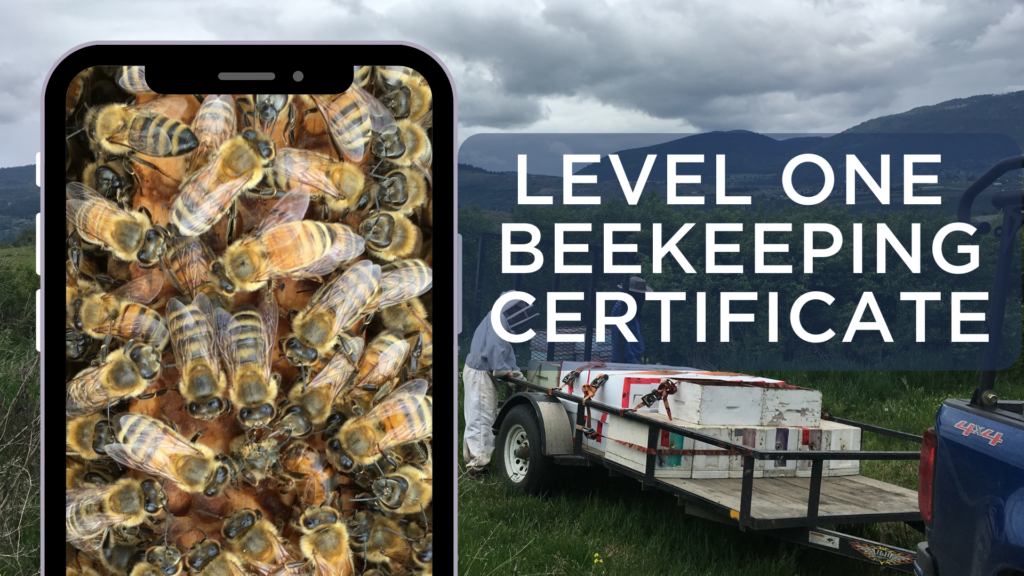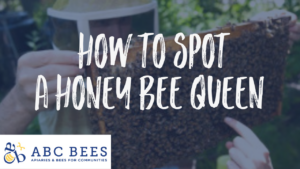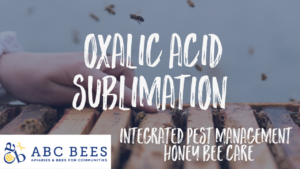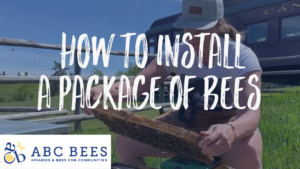Outcomes
Learners will be able to make informed decisions when purchasing bees for their apiary by conducting thorough research on suppliers, understanding the importance of health considerations and integrated pest management, and preparing adequately for successful beekeeping.
Key Takeaways
Thoroughly research bee suppliers, check websites, and contact directly for information.
Prioritize health considerations, choose a reputable supplier with good pest management, and verify comb age.
Prepare for beekeeping by setting up a suitable apiary, educating yourself, and ensuring regular monitoring and hygiene.
As a beginner beekeeper, one of the most thrilling moments is purchasing your first bees. However, before you dive into this step, it’s essential to research and gather important information about the bee supplier and the bees you’re interested in buying. In this blog post, we’ll explore key considerations when purchasing bees for your apiary.
1.General Information
To begin, gather essential details about the bee supplier to ensure a smooth and informed purchase process. Take note of the following information:
- Supplier Name: Obtain the name of the bee supplier you are interested in.
- Supplier Location: Note the location of the supplier, as proximity can influence delivery times and costs.
- Website:Check the supplier’s website for detailed information about their products and services.
- Contact Information: Make sure to have their email address and phone number to get in touch for any additional inquiries.
2. Product Information
Understanding the type of bee products available for purchase is crucial for planning your apiary. Take note of the following:
- Product Options: Inquire about the specific products they offer, such as packages, nucleus colonies, or full deep hives. Knowing this will help you gauge the number of bees you’ll receive and prepare for their arrival.
- Inclusions:Learn what is included in the purchase. For instance, a nucleus colony should contain eggs, larvae, capped brood, hatching brood, and a frame of honey. Knowing this will help you assess the quality of the bees and what they will need upon arrival.
- Pricing: Ask about the price of the bees and the factors influencing it. Be cautious of suspiciously low-priced bees, as they might not be of the best quality. Understand that certain genetic traits or bee shortages can affect the price.
- Delivery Schedule: Inquire about the estimated delivery time for your bees. This information will help you plan for weather conditions and decide on the best installation methods and location for your new bees.
3. Equipment Information
The condition of the equipment in which the bees will arrive plays a crucial role in the overall health and success of your hive. Here’s what you need to know:
- Equipment Condition: Determine whether the equipment provided by the supplier is new or used. Opting for new equipment helps prevent the transfer of diseases or pests into your apiary.
- Transferring Frames: Check if you can transfer the frames provided by the seller into your personal equipment. This practice can help reduce the spread of pests and diseases and ensure you’re using high-quality equipment.
4. Integrated Pest Management (IPM) Information
An essential aspect of beekeeping is managing pests and diseases effectively. Obtain the following details:
Age of Comb: Inquire about the age of the combs. Younger combs are better to prevent the bioaccumulation of chemicals brought into the hive. Combs should not be black and should be cycled out of the apiary every four years.
Provincial Inspection: Ask if the supplier’s apiary has been inspected by a provincial inspector and request proof of inspection. This information can reveal any previous problems with pests or diseases.
- Pest Management Strategies:Understand the supplier’s approach to integrated pest management. Knowledge of past treatments can help you anticipate potential issues after the purchase and assess their commitment to prevention and risk reduction.
- Testing Prior to Purchase: Inquire if the supplier is willing to have a sample of wax and dead bees tested, with you covering the cost. This testing will provide valuable insights into the health of the hive before making the purchase.
Conclusion
Purchasing bees is an exciting and crucial step in your beekeeping journey. Armed with the information gathered from this blog post, you are better prepared to make an informed decision about your bee supplier and the bees you’re bringing into your apiary. Remember that well-informed choices contribute to the success and well-being of your beekeeping venture. Happy beekeeping!

